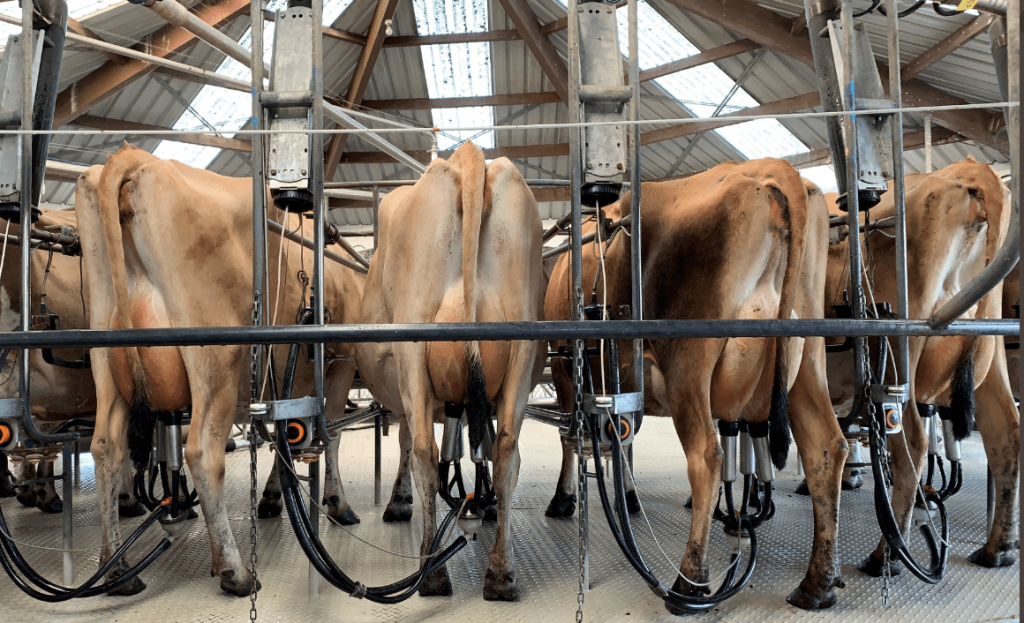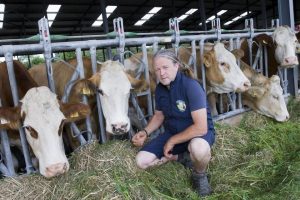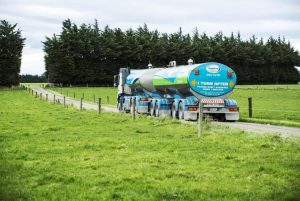
The New Zealand government has extended a national state of emergency order until February 27, chiefly covering Northland; Auckland; Waikato; Tairāwhiti; Bay of Plenty; Hawke’s Bay regions; and the Tararua District.
According to Fonterra many of its farmers in the North Island of New Zealand have been significantly impacted by the cyclone.
Milk tankers have been unable to access some farmers following the devastation and many farms have also suffered major power cuts.
A Fonterra spokesperson said: “Supporting our farmer shareholders is a top priority.
“Our focus is on establishing lines of communication with our farmer shareholders in the hardest-hit areas so that we can stay connected, understand what they need and help coordinate recovery efforts.
“We have been accessing cut-off areas via helicopter over the past week, which has enabled us to assess the damage, understand farmers’ needs and provide provisional supplies and veterinary support.
“We are working closely with local industry bodies and representatives to co-ordinate support on the ground where needed, as we always do when weather events like this affect our farmers.”
Nick Story, director of rural communities and farming support with New Zealand’s ministry for primary industries (MPI) – which has responsibility for agriculture – said veterinary supplies had also been flown to dairy farmers who had been forced to dry their cows off early.
According to Fonterra, farmers who had to dump milk or if tankers have been unable to access their properties, will be supported financially.
“Our terms of supply set out the rules around payment for our farmers’ milk.
“As a force majeure event, and in accordance with the terms of supply, where the co-op is unable to access milk for collection which may result in a farmer disposing of milk or drying off, appropriate compensation for farmers will be made,” the co-op’s spokesperson said.
The MPI has also put together a series of online resources for dairy farmers to highlight that there may be an increase in mastitis or different mastitis to usual, if cows have been exposed to flood waters or silt.
The ministry has also warned that animals are vulnerable to many diseases after a flood event and that lameness can increase within one to three weeks of severe wet weather.
Together with the rural advocacy organisation, Federated Farmers, it has also put a national feed co-ordination service in operation to help farmers.
“Widespread flooding and winds from Cyclone Gabrielle have damaged pastures and crops, or swept away bales of feed,” Federated Farmers chief executive Terry Copeland said.
According to MPI’s director of rural communities and farming support, the “unprecedented scale” of the cyclone “means there is a need for coordinated support at national level to help match farmers with the supplementary feed or grazing they may need for their livestock”.
“MPI has staff in the regions helping with the cyclone response, but this is just another important and practical way we can support farmers to get back on their feet.
“It’s likely the worst flood-affected paddocks will be unusable for some time, so we expect demand for the service will increase further in the coming months,” Story added.

























